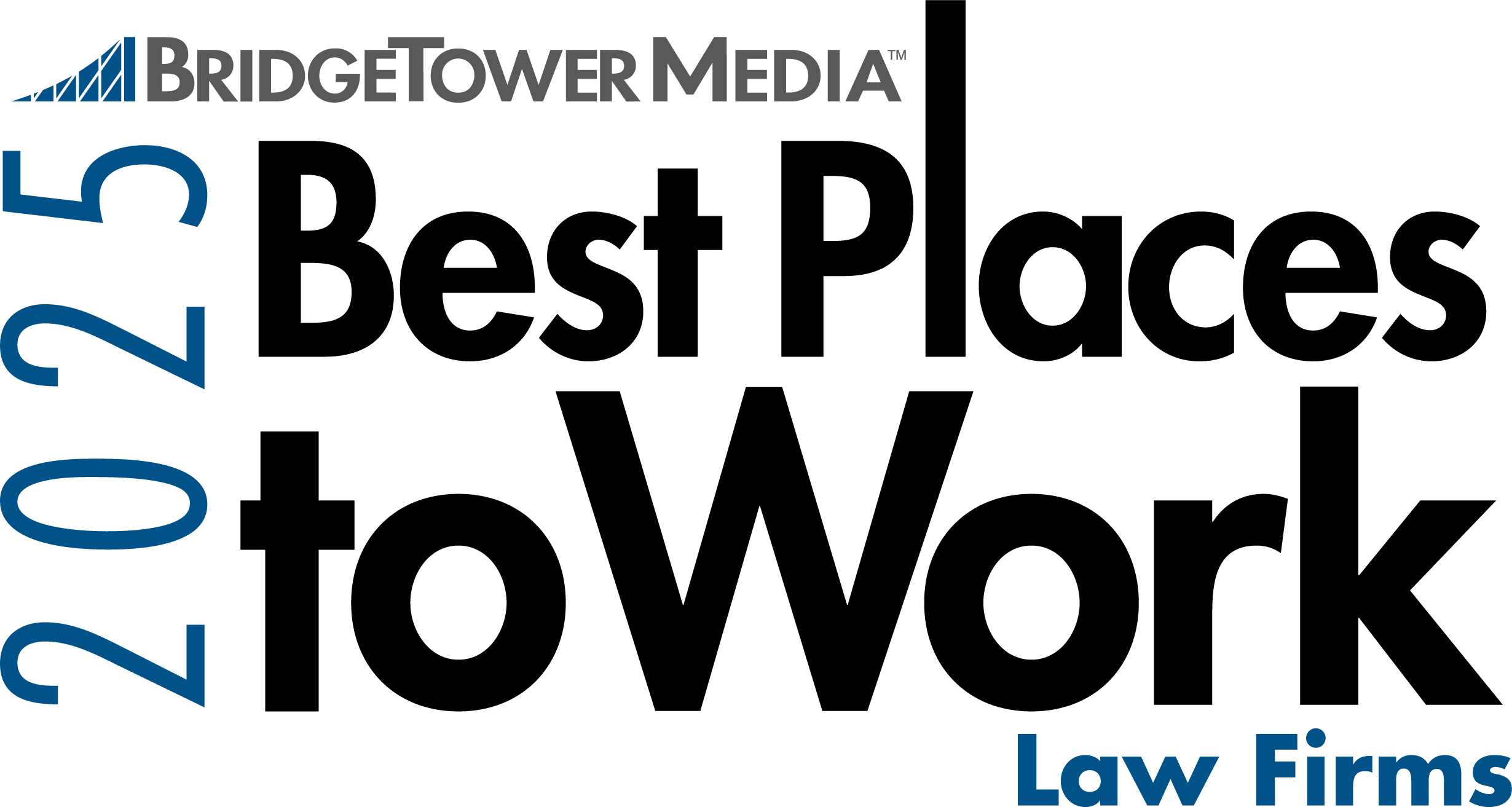There are various kinds of personal injury accidents. A personal injury refers to physical, mental, or emotional damage to an accident victim that happens because of the negligence of another person or entity. To learn more about common personal injury accidents and how a personal injury lawyer can help you if you have been in an accident, continue reading.
Common Types of Personal Injury Accidents
There are many types of personal injury accidents. Every personal injury has its own unique set of facts, but there are common types of personal injury accidents that occur across the country. Common types of personal injury accidents include:
Traffic Accidents
Traffic accidents are far too common, and they cause personal injuries. According to the National Safety Council (NSC), the number of motor vehicle accidents that end in death has increased in recent years. As the number of drivers on the road increased after the nationwide lockdowns in 2020, the number of deadly accidents increased by 16 percent in the first six months of 2021. When someone suffers injuries in a car accident, they need the right legal representation to receive the compensation they need to fully recover.
Types of traffic accidents:
Common causes of traffic accidents:
- Driver error
- Driving under the influence of drugs or alcohol
- Reckless driving
- Speeding
- Fatigued driving
Workplace Injuries
You can recover compensation for workplace injuries when you get hurt while performing your job duties. According to the Occupational Safety and Health Administration (OSHA), a workplace is the company’s physical location or, if the work requires travel, any place where business occurs.
Although this is not an exhaustive list, workplace injuries can happen in any of these industries:
- Mining
- Educational services
- Hospitals and health services
- Hospitality
- Construction
- Transportation services
- Professional and office settings
Examples of workplace injuries include:
- Fire and explosions
- Employees’ exposure to dangerous substances
- Collisions of company vehicles
- Improper use of heavy equipment
- Falling debris and other objects
- Slip, trips, and falls
- Overexertion or repetitive motions that lead to gradual injury
If you have suffered a workplace injury, you need legal representation. Contact an experienced worker’s compensation lawyer in your area. Worker’s compensation attorneys can help you advocate for yourself by representing your interests to your employer and the insurance company and investigating to determine if you should file a separate personal injury lawsuit against any third parties responsible for your harm.
Premises Liability
Premises liability is an area of law that requires landowners and businesses to maintain their property safely so that those who enter the land may avoid injury. The law says that if an owner fails to properly maintain their property, the injured person may recover damages from the owner.
A premises liability claim is a negligence case. Negligence has four elements—duty, breach, causation, and damages. You must prove each element. The owner’s duty changes based on the status of the person injured while on the owner’s property.
The duty owed to a visitor varies from state to state. Some states impose the same duty of care on the property owner no matter why the person is on the owner’s property. Other states classify visitors based on their purpose for being on the owner’s property.
Examples include:
Licensees
A licensee is a person who goes onto the owner’s property with the owner’s permission. A licensee is not a social guest. Licensees have an economic purpose for their presence on the owner’s property. An example of a licensee is a salesperson. An owner must warn the licensee of any dangerous condition present on the premises of which the owner has previous knowledge.
Invitees
An invitee is a social guest with the owner’s implied permission to enter the property. Examples of invitees include neighbors, friends, and family members. An owner must exercise reasonable care to keep the property safe for invitees. This duty is different from a duty owed to a license. An owner must take affirmative steps to check the property for dangerous conditions and fix those conditions to help an invitee avoid injury.
Trespassers
A trespasser is a person that does not have permission to enter the owner’s property. Generally, a property owner does not owe a duty to a trespasser. However, if a trespasser is a child, a property owner must avoid artificially created reasonably foreseeable risks of harm to which a child may be susceptible, like a swimming pool.
You might recover compensation if you suffered an injury on another’s land or while patronizing a business. Contact an attorney in your area to learn more about protecting your legal rights after an injury.
Product Defects
Every manufacturer must ensure that all the products it places on the marketplace are safe for consumers. If a manufacturer fails to deliver a safe product, the manufacturer is liable for the harm or injuries that its products caused. A product is defective if it does not perform its intended function. An injured person might be entitled to compensation for a defective product if they suffered an injury due to a product as they were using the product as intended.
Every personal injury case is different, and there is no way to predict the harm you will suffer from a defective product.
Defective products can cause:
- Internal bleeding
- Organ damage and organ failure
- Amputation
- Head injuries
- Severe burns
- Broken bones
- Paralysis
- Death
If you have suffered an injury because of a defective product, call an attorney in your area to learn more about your legal right to compensation.
Medical Malpractice
Medical malpractice refers to the negligence of a medical professional that leads to a patient’s injury or untimely death.
Common types of medical malpractice claims include:
- Surgical errors
- Misdiagnosis
- Injuries during childbirth
- Delayed diagnosis
- Failure to properly medicate
- Failure to treat
- Errors while administrating anesthesia and other medication
Medical malpractice can alter the patient’s life and the lives of their family members. If the patient survives the negligent treatment of medical professionals, they have a legal cause of action. Doctors, nurses, and other medical professionals owe a duty to patients while in their care to avoid careless or irresponsible treatment. If anyone breaches this duty and injures you or a family member, speak to an experienced medical malpractice attorney in your area.
Medical malpractice law is one of the most complicated sub-genres of personal injury law. Each state has different laws about suing doctors and hospitals. If you don’t follow the state’s procedural rules, the court will dismiss your claim. You need an attorney to protect your rights after suffering from a medical professional’s malpractice.
Wrongful Death
A wrongful death occurs when a person or entity’s negligence causes fatal injury to the deceased. Certain surviving family members may file a wrongful death lawsuit to recover for the loss of their loved one. A wrongful death may occur because of any kind of negligence. If a fatal accident happens, people, governmental agencies, and companies may all face liability.
Potential plaintiffs for wrongful death lawsuits vary from state to state. Not every family member may file a wrongful death lawsuit.
Depending on the state, possible wrongful death plaintiffs include:
- The deceased immediate family members, including their spouse and their children
- If a spouse or children do not survive the deceased, then distant family members have a right to sue for damages. In wrongful death lawsuits, distant family members include parents, siblings, or grandparents.
- Putative spouses, life partners, and financial dependents
- Parents of a deceased fetus
Wrongful death laws are different in each state. If you have lost a loved one in a wrongful death accident, contact an experienced wrongful death attorney in your area. This area of law is complex, and having a knowledgeable advocate working on your behalf may make all the difference as you pursue wrongful death compensation.
How Can a Personal Injury Attorney Help Me?
Personal injury attorneys are advocates for the injured. After accident victims suffer an injury, it usually is their first time filing a lawsuit. Understanding the complexities of civil litigation is intimidating and often prevents accident victims from pursuing the compensation they deserve. If you hire a personal injury attorney after an accident, you eliminate the vulnerability unrepresented accident victims face.
Represent You Against the Insurance Company
A personal injury attorney can help you by representing your interests with an insurance company. After someone gets hurt in an accident, despite the type of personal injury, insurance companies work hard to avoid paying settlements. Unrepresented accident victims are especially vulnerable to the sneaky tactics of insurance companies.
For example, an insurance company may claim that your injuries are not as severe as you claim or were not caused by their insured. An insurance company may accept liability for the accident but offer a lowball settlement amount.
Having an experienced personal injury attorney on your side helps eliminate falling prey to these insurance company tactics.
Network of Expert Witnesses
Another way that a personal injury attorney can help you is by using their resources to help build your case. An essential element of all personal injury negligence cases is causation. To prove that the defendant caused the accident, a personal injury attorney may call upon their network of expert witnesses to help prove your case.
Personal injury attorneys likely have better access to medical experts, actuaries, accident reconstructionists, and other professionals that can speak about causation and damages than the average unrepresented plaintiff.
Knowledge of Procedural Rules
Attorneys know the procedural rules of the state where they practice. Not knowing how procedural rules work can kill an accident victim’s claim. For example, each state has a statute of limitations for civil lawsuits.
A statute of limitations is a deadline that limits how long an injured person can file a lawsuit against a defendant. A statute of limitations ensures that an injured person does not delay seeking compensation against a defendant after an accident.
The statute of limitations varies based on the type of case and your injuries. For example, a plaintiff may have longer to sue for a car accident than medical malpractice.
If an accident victim fails to file a lawsuit before the statute of limitations runs, the court will dismiss their case. An attorney knows these deadlines and can help you navigate these avoidable pitfalls.
What If I Cannot Afford an Attorney?

Personal Injury Attorney, Jacob D. Lawrence
Personal injury lawyers largely charge their clients a contingency fee for their legal services in an injury case. A contingency fee is a fee payment structure that allows payment for legal work to be deferred until after the case settles. The terms of a contingency fee agreement must be in writing and signed by the client and attorney.
The terms of a contingency fee must be clear, and the client must understand the agreement. Typically, during the initial meeting between the attorney and client, the attorney will explain the terms of the agreement, including the amount the lawyer receives if you settle. Usually, lawyers charge a percentage of the final settlement amount as their fee.
Expenses include litigation costs. Litigation costs are incidental fees incurred during the lawsuit. Examples of litigation costs include filing fees, expert witness testimony fees, mailing and copying fees, etc. These costs may be covered by the attorney’s firm and reimbursed after closing the case, or the client may choose to pay the fees as the case continues.
Contact the professional lawyers at Cook, Barkett, Ponder, & Wolz to begin your personal injury case.



